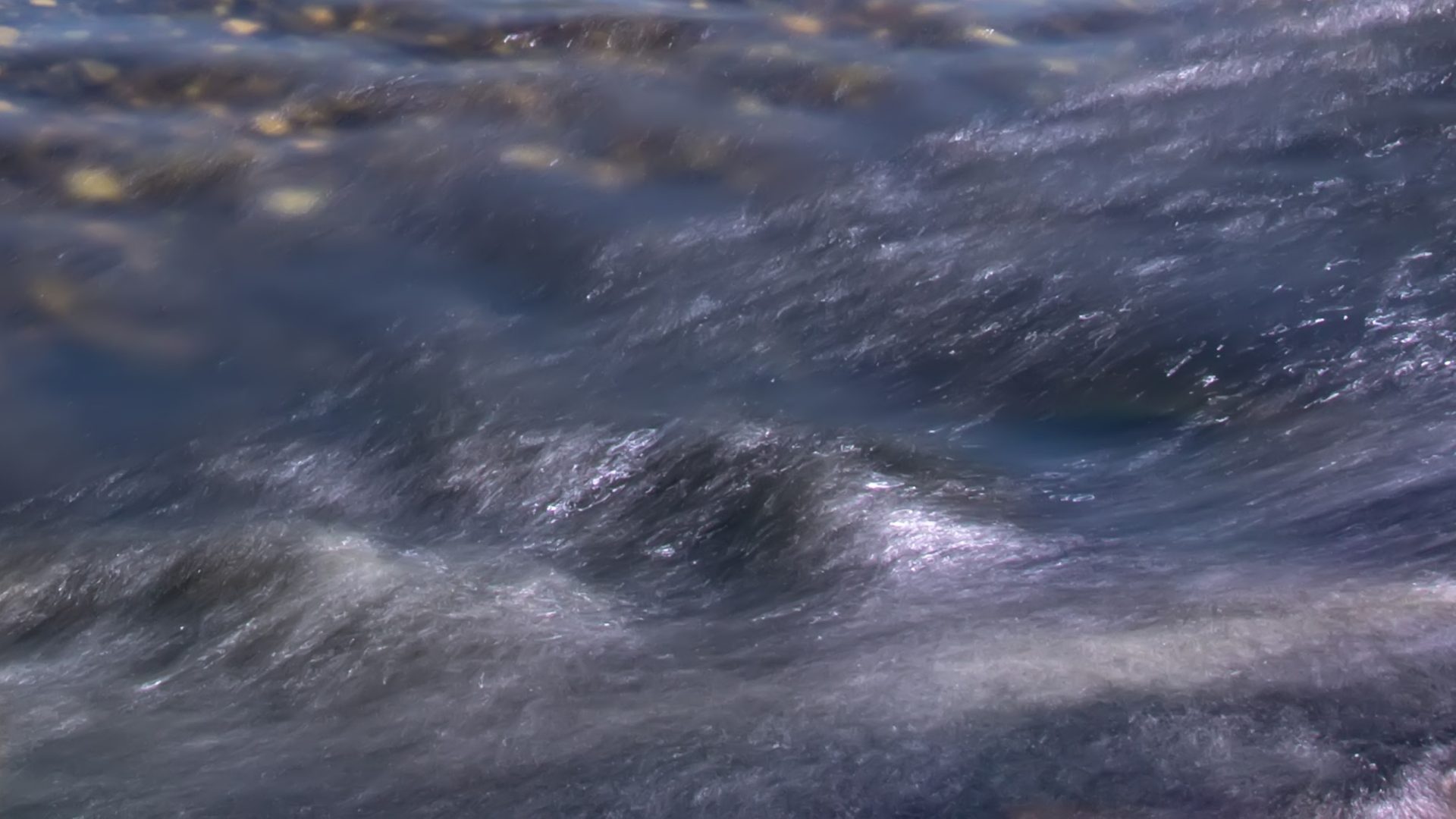A key phase of improvements to the River Leven flowing through the heart of Levenmouth is about to get under way.
Following successful work on the north shore of the river over the last year, the Restoring the River Leven Project’s Phase Two will now focus on the stretch between the Kirkland and Burn Mill Dams with modifications planned to make it easier for fish to migrate up and downstream.
The Leven Programme’s vision is to restore the river for the benefit of local people and wildlife, and one way to achieve this is to remove or adapt some of the man-made challenges that have impacted the way the river functions.
So, working closely with river restoration specialists cbec-eco-engineering, the local community, landowners and other key stakeholders, the Leven Programme devised a number of improvements to allow the river to work more naturally.
For Kirkland Dam, the proposal involves using rocks and boulders to create a rough surface on the face of the dam, sloping down to the natural riverbed below. This will remove the jump or step which is restricting the movement of fish and will provide areas of faster and slower flowing water to help the fish move up and down the structure more easily.
For Burn Mill Dam, the plan is to remove the structure completely and, in doing so, removing the first major obstacle for fish on the River Leven.
Other improvements planned include: the creation of shallow ‘ponded’ areas to promote wetland and wet woodland habitat; the removal of rock and stone bank protection to be replaced with greener more sustainable alternatives; the planting of native trees and wetland plants along the riverbanks and floodplain areas; and the placement of large wood along and within the river to encourage natural processes and provide shelter for fish, birds and invertebrates.
Lynda Gairns, River Restoration Specialist at SEPA, said:
“Scotland’s rivers have benefited from more than £25m investment from the Water Environment Fund (WEF) in the last 10 years, improving the environment for people and wildlife, while also increasing resilience to climate change.
“Restoring the River Leven’s natural course and removing the redundant barriers to migrating fish are great examples of this. It will improve fish passage, river habitats and biodiversity.
“We look forward to continuing to work closely with all partners involved and the local community as we reach another significant milestone in the wider Leven project.”
Alison Wilson, cbec Director and North Team Lead, said:
“In a changing climate, it is more important than ever that we improve and preserve Scotland’s water environment.
“Prior to this phase of the River Leven project, we have carried out surveys, research, spoken to local landowners, technical experts and key stakeholders and reviewed information gathered about the current state of the river and the Kirkland and Burn Mill Dams. This information has shaped the restoration proposals being taken forward.
“This will all go towards significantly helping the river function more naturally and will create new, important habitats for local wildlife including fish as well as improving the area for the local community.”
Local people have had their say on the plans via public consultation and in general feedback has been very positive.
Ed Heather-Hayes, Head of Development at Fife Coast and Countryside Trust, said:
“Getting to this point has been a huge team effort and taken years of planning, it’s great to see the works underway.
“These measures will allow the river to function more naturally, improving habitats for wildlife and people’s enjoyment of this amazing space right in the heart of the Levenmouth community.”
And Councillor Colin Davidson, convener of Fife Council’s Levenmouth Area Committee, concluded:
“The River Leven is a vital part of our local landscape so I’m delighted to see these planned improvements coming to fruition.
“It really is one of the jewels in our crown, so we’re all looking forward to seeing the difference this project makes.”
A video explaining some of the changes proposed is available to view below.



